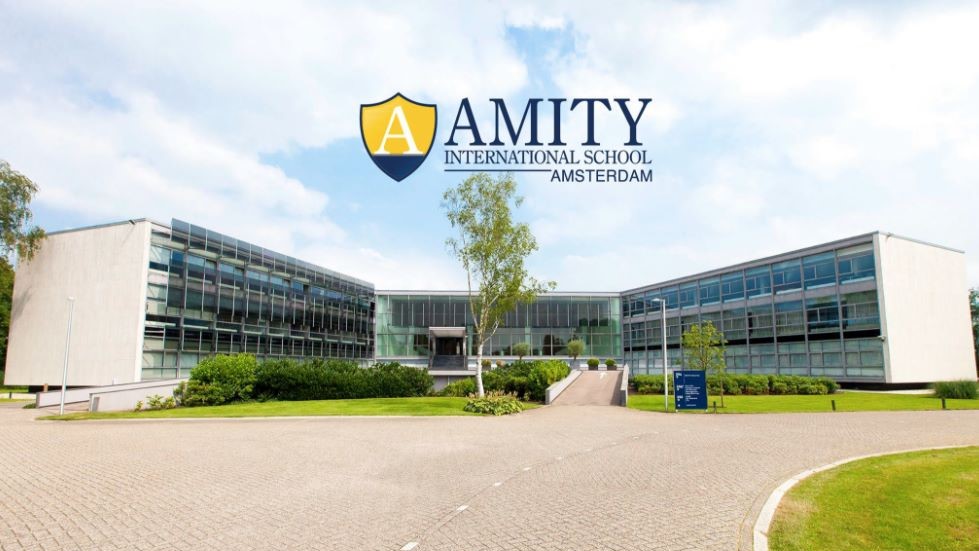
Image Source : Google
Field trips are a fantastic way to enhance the learning experience for primary school children. They provide an opportunity to explore the world beyond the classroom, allowing students to engage with real-world scenarios and gain a deeper understanding of the subjects they are studying. Whether it's a visit to a museum, a trip to the zoo, or a hands-on science excursion, field trips offer a fun and interactive learning experience that cannot be replicated in the classroom.
One exciting field trip idea for primary schools is a visit to a local museum. Museums offer a wealth of educational resources, with exhibits on a wide range of topics such as history, art, and science. Students can learn about different cultures, explore ancient artifacts, and even participate in interactive activities. Many museums also offer guided tours and educational workshops specifically designed for school groups, making it easy to tailor the trip to the curriculum. Not only do museum field trips provide an opportunity for hands-on learning, but they also help foster a love for the arts and sciences.
Another popular field trip idea is a visit to the zoo. Zoos offer a unique learning experience, allowing students to observe and learn about various animal species up close. They provide an opportunity to learn about animal behavior, habitat conservation, and the importance of biodiversity. Students can participate in guided tours, watch animal feedings, and even have the chance to interact with some of the animals. Zoos often have educational programs and workshops available for school groups, making it a perfect choice for a field trip.
In addition to museums and zoos, science excursions are also a fantastic field trip idea for primary schools. Science centers and interactive exhibits offer a hands-on learning experience, allowing students to explore and experiment with scientific concepts. They can engage in activities such as building structures, conducting experiments, and learning about the laws of physics.
